Beyond the aroma and fragrance of terpenes, do you know they are so medically important that they can be developed into medications for several conditions? Yes, that's true. About 30,000 terpenes have been identified in plants and some animals. These terpenes serve as the major constituents of essential oils and plant flowers.
Do you know that cannabinoids are terpenes? They belong to a class of terpenes known as diterpenes.
Terpenes possess many therapeutic benefits that make them an excellent addition to the pharmaceutical and industrial world. Their undiscovered therapeutic benefits may be the missing link to healing our disease-infested world.
Terpenes like Bisabolol are already gaining attention as one of the most important terpenes for skincare and cancer research.
Bisabolol is one of the lesser known (secondary) terpenes in the cannabis plant and has shown a good level of application in the cannabis and skincare industry. Secondary terpenes, by the way, are produced in minute quantities in the cannabis plant.
How popular is Bisabolol?
Alpha-Bisabolol or Bisabolol is mostly abundant in German Chamomile and herbal tea. It is present in minute concentrations in some cannabis varieties. It is responsible for the fresh, floral fragrance with a sweet hint of spice or citrus in some cannabis varieties.
Bisabolol was discovered in 1951 and has grown to be accepted as an important ingredient in dermatological and cosmetic products like shaving cream, body lotion, and makeup items. It exhibits low toxicity to humans, thus earning it the prestigious GRAS (Generally Regarded Safe) by the FDA.
As a secondary terpene in cannabis, alpha-Bisabolol may not be as popular as myrcene, Beta-pinene, Humulene, Linalool, and Limonene. However, it is one of the few terpenes that promotes the dermatological activities of cannabis plants.
Note that Bisabolol and other terpenes are produced alongside the cannabinoids in the glandular trichomes of the cannabis flower. This interaction does not only end in the cannabis flower as they also undergo combined effects with cannabinoids known as entourage effects.
With this effect, cannabinoids and terpenes can provide an improved therapeutic benefit to users while mitigating the side effects of intoxicating cannabinoids like delta-9 THC.
Role of Bisabolol in cannabis products
Terpenes promote the effects of cannabinoids and also their interaction with receptors. Terpenes like Bisabolol tend to increase the absorption of cannabinoids in topical products.
Although alpha-bisabolol may not directly interact with the cannabinoid receptors, it plays a key role in relaxation and skincare. It has a vast array of therapeutic benefits that enhance the absorption of molecules by the skin's dermal layers, thus making it a popular addition to topical formulations.
As a terpene, bisabolol can provide more than nine therapeutic benefits, some of which are discussed below;
Skincare
Bisabolol possesses an excellent antioxidant, antimicrobial, anti-aging, and anti-inflammatory property that is perfect for skin care. This can help to reverse the signs of aging and deal with skin-related conditions while forming a protective layer against microbial infestation. This is why bisabolol is an active ingredient in cosmetic products. Bisabolol opens the skin to the penetration of other skincare products.
Neuroprotection
Oral administration of bisabolol on animal models shows decreased neuronal degeneration while increasing cell viability. This may play a role in dealing with neurodegenerative diseases like Multiple sclerosis, Parkinson's disease, and Alzheimer's disease.
Anticancer effect
Alpha-bisabolol and its derivatives were found to prevent the progression of pancreatic cancer and may hold a good potential to be developed into an anticancer drug. This is the second most popular use of bisabolol after skincare.
Pain relief
A study published in 2011 suggested how Bisabolol may reduce inflammation-induced pain. Although the science behind this analgesic property may still be under study, combining this activity with cannabinoids can help improve the pain-relieving property of cannabis products.
Cardioprotection
Oral administration of bisabolol in Wister rats was found to suppress inflammatory responses, thus protecting the cardiovascular system. This may be good for people who are suffering from cardiovascular diseases.
Antimicrobial effects
It is almost impossible to discuss the therapeutic effect of bisabolol without hailing its antimicrobial activity. Alpha-bisabolol can inhibit the growth and spread of bacteria and fungi species. It also increases the penetration of other antimicrobial agents through the bacteria's cell wall.
Gastroprotection
Oral administration of Bisabolol may assist in reducing the severity of gastric ulcers by protecting the stomach mucosal walls against deterioration. This was reported in a research published in 2010.
Nephroprotection
A 2016 study reported how Bisabolol might treat kidney injuries by protecting the kidney nephrons. Its antioxidant property was found to neutralize the harmful effect of free radicals on kidneys, thus keeping them healthy.
What cannabis strains are rich in alpha-Bisabolol?
Bisabolol has been identified in more than 30 plants, including cannabis. The highest concentration of this terpene was observed in Chamomile. It contains up to 50 percent Bisabolol.
If you are interested in cannabis-based Bisabolol, the following chemovars/strains may be your best bet;
- ACDC
- Chocolate Thai
- Dolato
- Grape Pie
- Harle-Tsu
- Hawaiian Haze
- Headband
- Ice Cream Cake
- Jasmine
- Killer Queen
- Lavender
- Mandarin Dream
- Master Kush
- Midnight
- Moonshine Haze
- OG Kush
- OG Shark
- Pink kush
- Rockstar
- Sour Candy
- Super Sour D
Is Bisabolol safe?
Although Bisabolol is well absorbed and tolerated by the skin, it may lead to irritation in some skin types (especially in children with eczema). You can do a patch test to see if your skin may react to the product. This will allow you to notice your reaction to the product and seek remedy on time.
Allergic reaction to bisabolol may lead to the following symptoms;
- Skin itching
- Redness of the skin
- Swelling of tongue
- Difficulty breathing
- Tingling sensation on the skin.
Bisabolol may exhibit little to no interaction with prescription drugs when administered together.
What are the products available?
BIsabolol products are available as topical solutions and essential oils. However, these products may contain other ingredients to offer better activities.
Need a little more Bluntness in your life? Subscribe for our newsletter to stay in the loop.








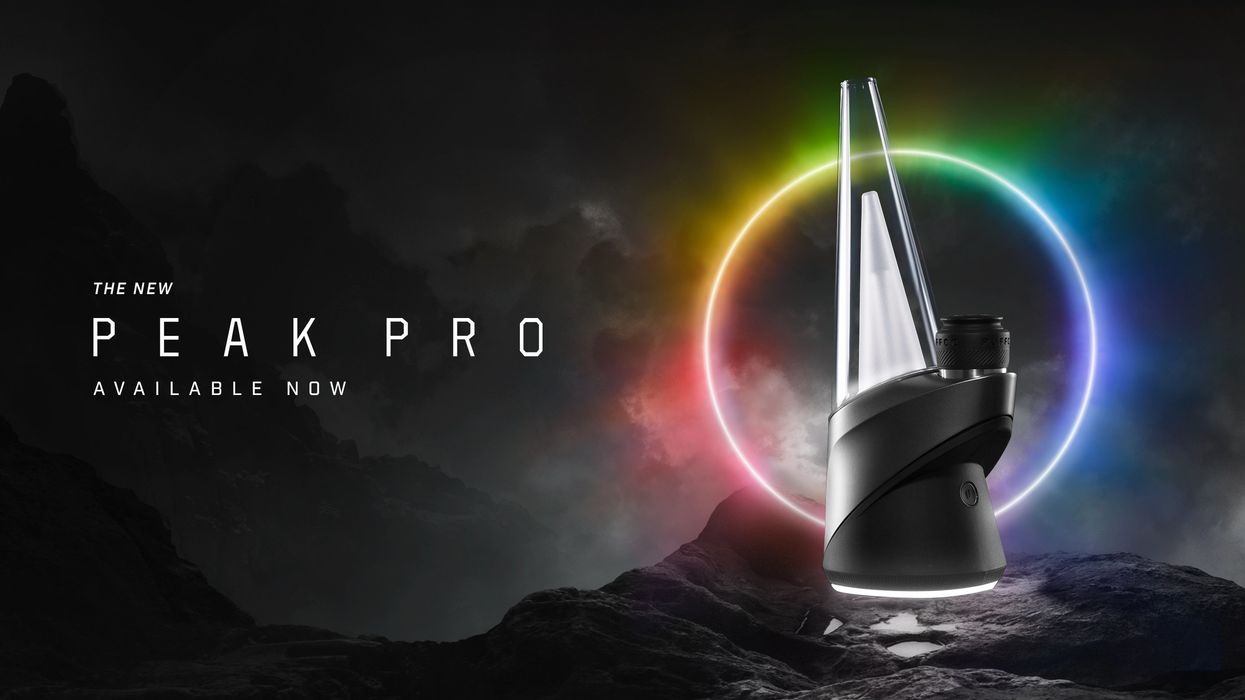




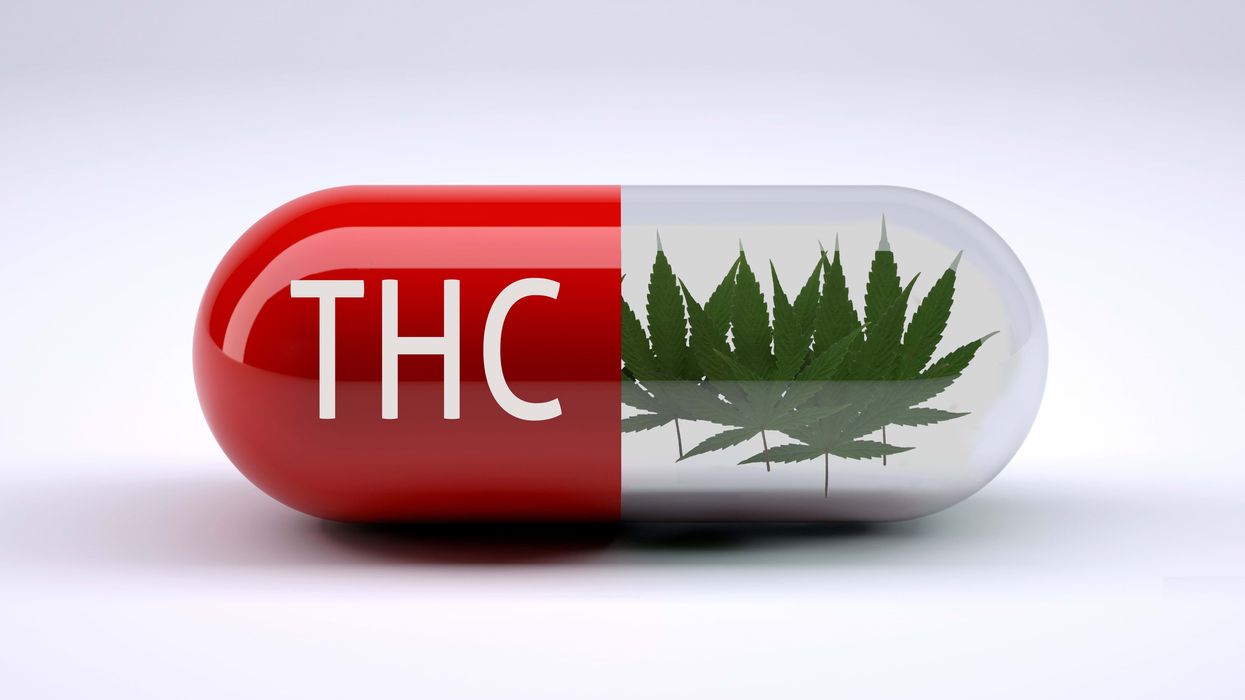
 Humankind has been using THC for millennia.
Humankind has been using THC for millennia.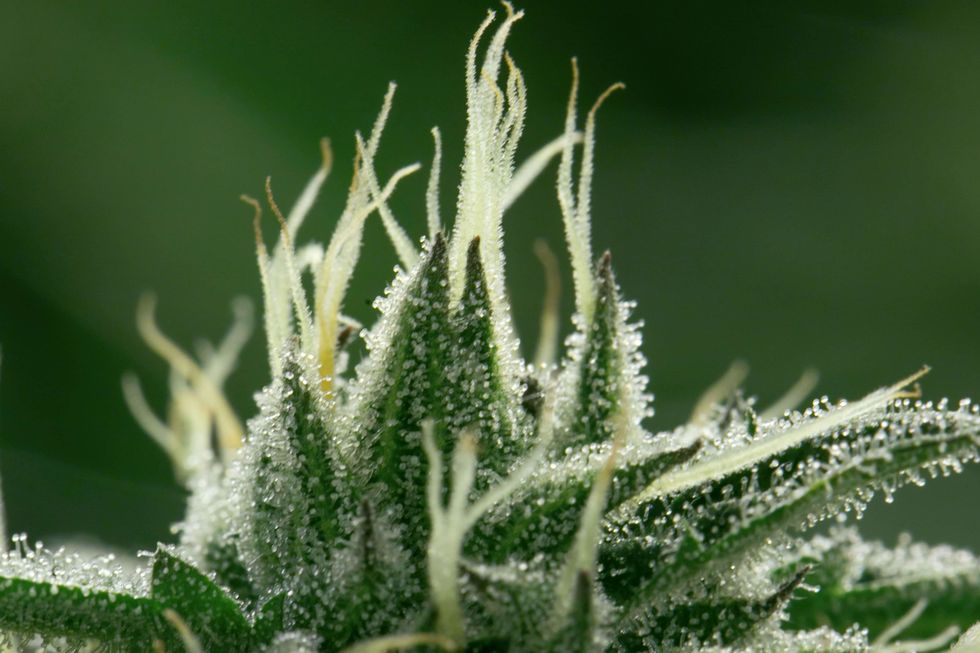 Those little, sugar-like crystals are the sticky trichomes that house special chemicals including cannabinoids and terpenes.
Those little, sugar-like crystals are the sticky trichomes that house special chemicals including cannabinoids and terpenes. Raw cannabis typically contains very little THC. Instead you get non-psychoactive THCA, which is converted into THC.
Raw cannabis typically contains very little THC. Instead you get non-psychoactive THCA, which is converted into THC.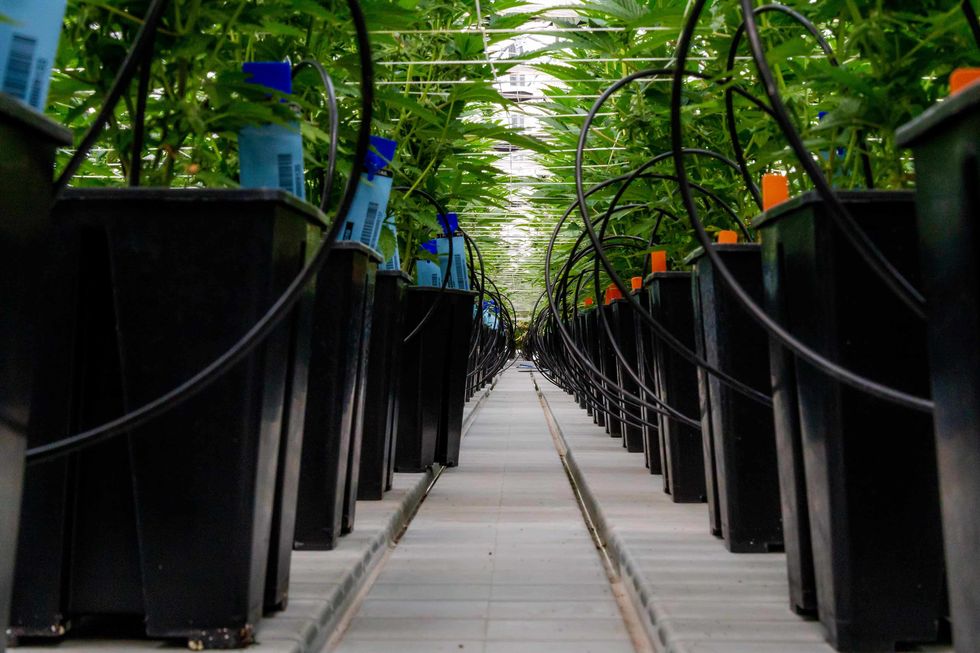 Cultivators are now breeding cannabis not just for THC, but other cannabinoids such as CBD, THCV, and more.
Cultivators are now breeding cannabis not just for THC, but other cannabinoids such as CBD, THCV, and more. Getting the most out of cannabis usually requires a bit of guidance and patience.
Getting the most out of cannabis usually requires a bit of guidance and patience.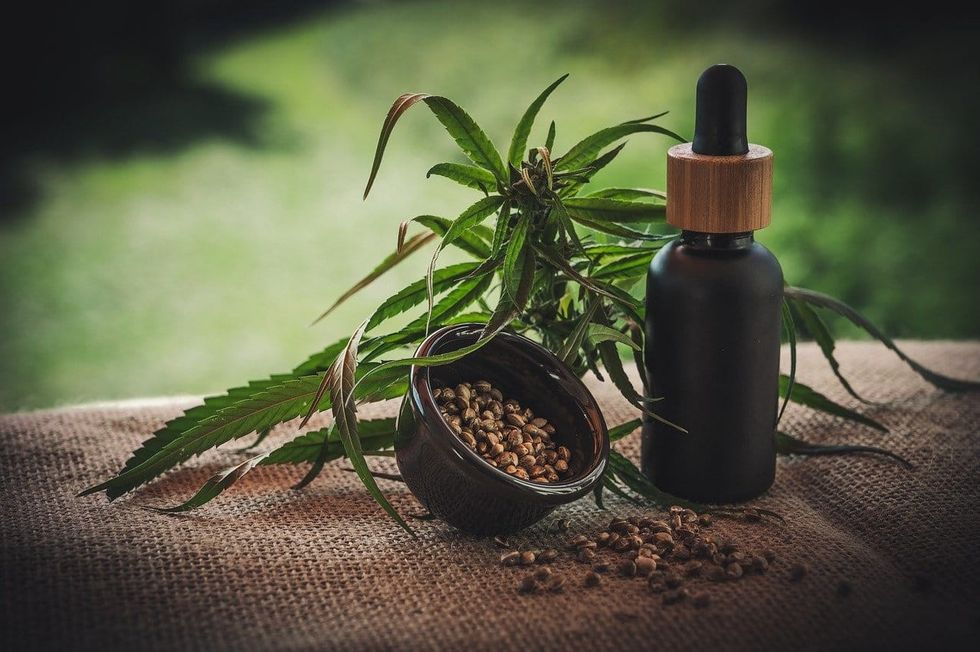 A lot of people think CBD is medical, and THC is for fun. This is an unfortunate misconception.
A lot of people think CBD is medical, and THC is for fun. This is an unfortunate misconception.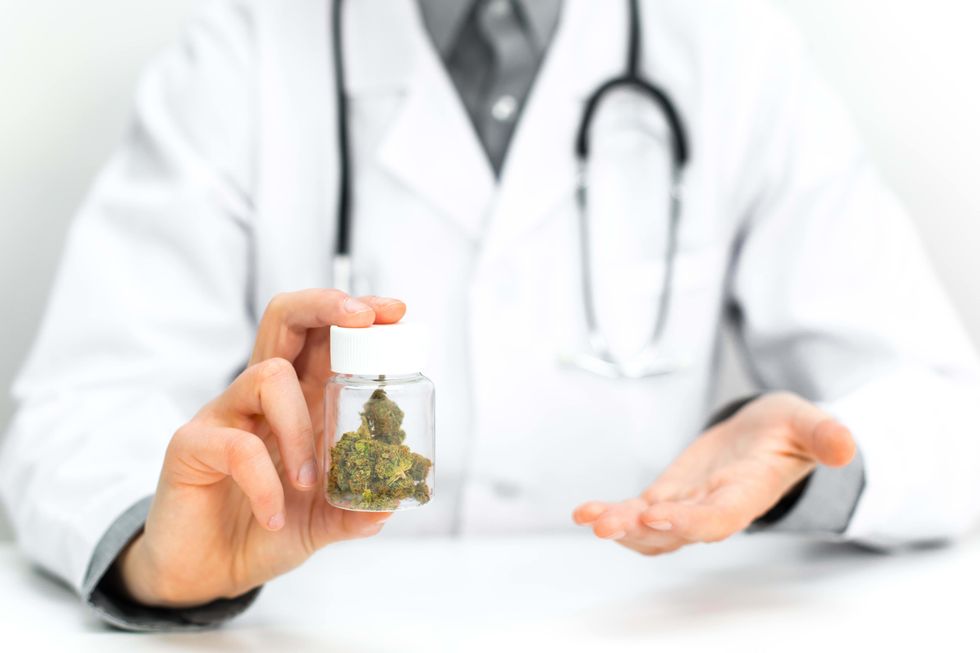 THC has a surprising amount of medical benefits.
THC has a surprising amount of medical benefits.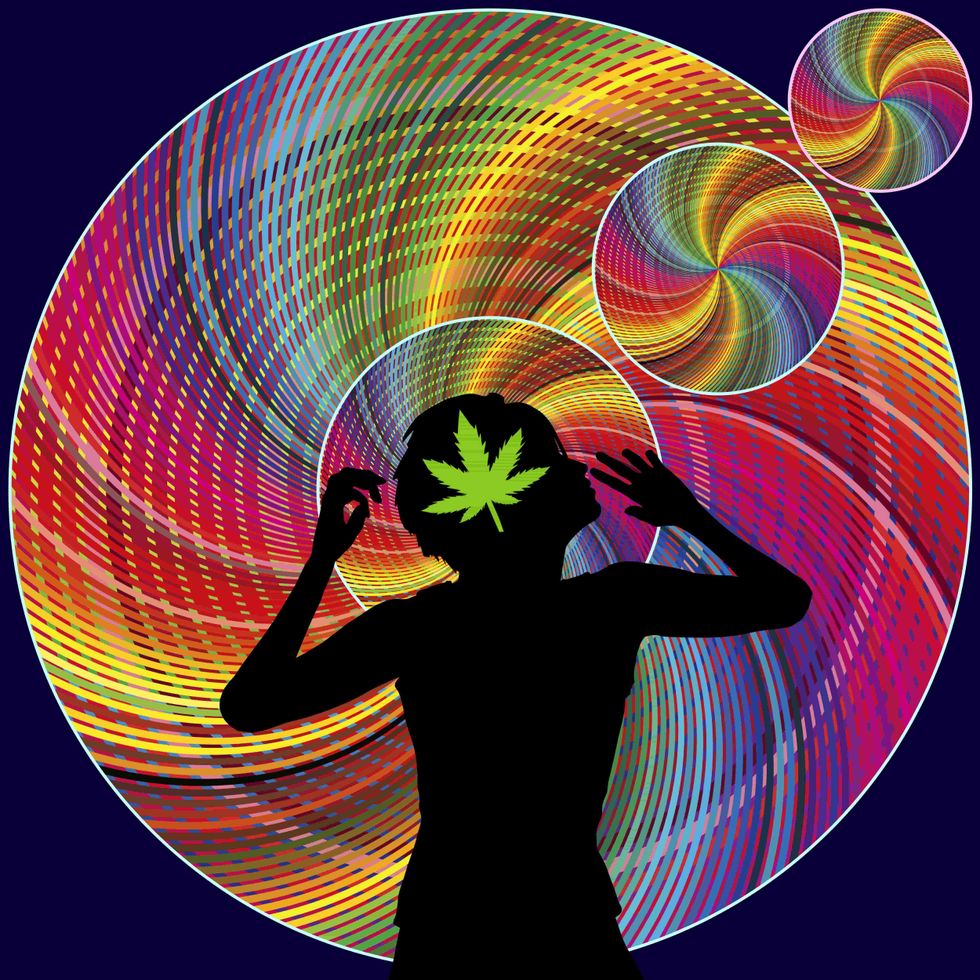 For some the cannabis high is an unwanted side effect, for others it's the main show.
For some the cannabis high is an unwanted side effect, for others it's the main show.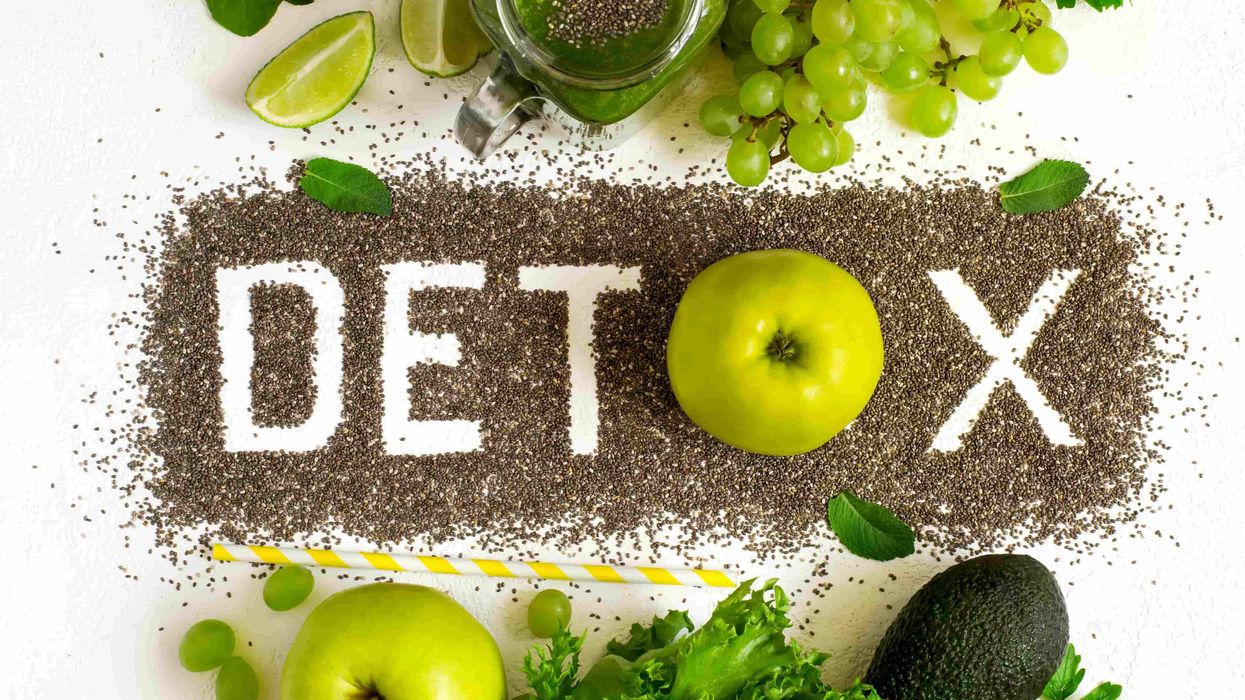


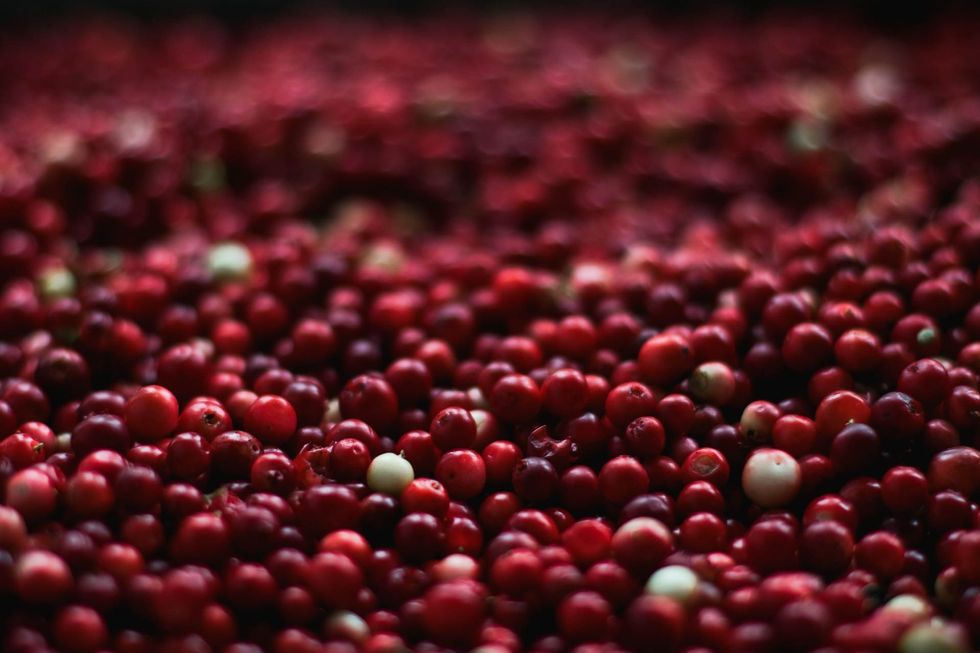
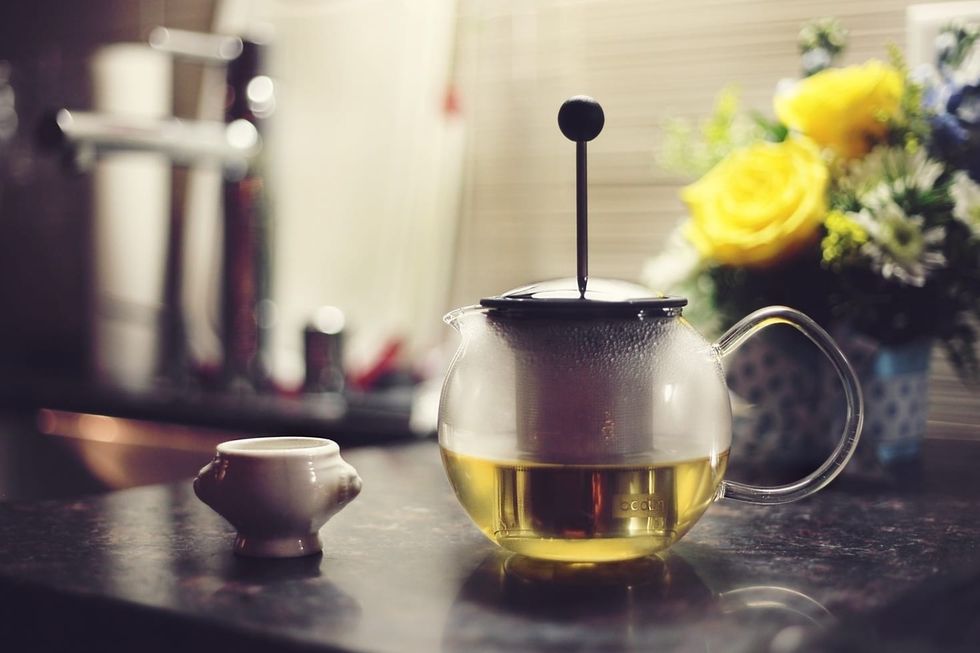

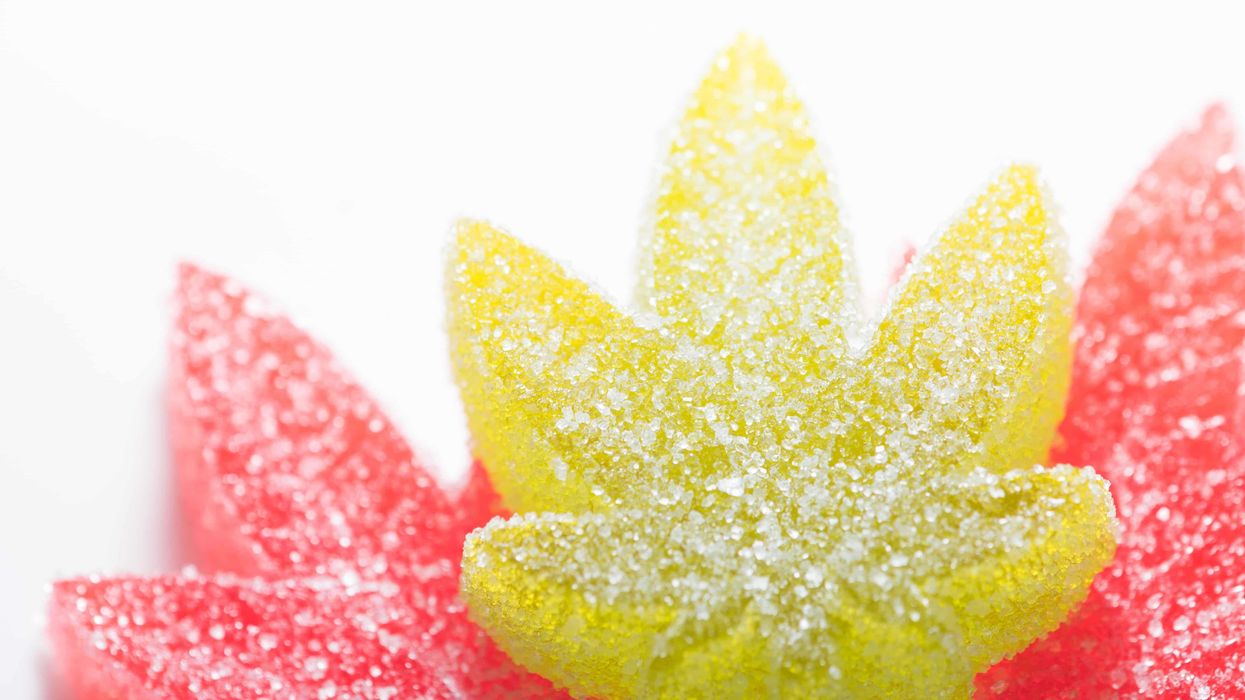

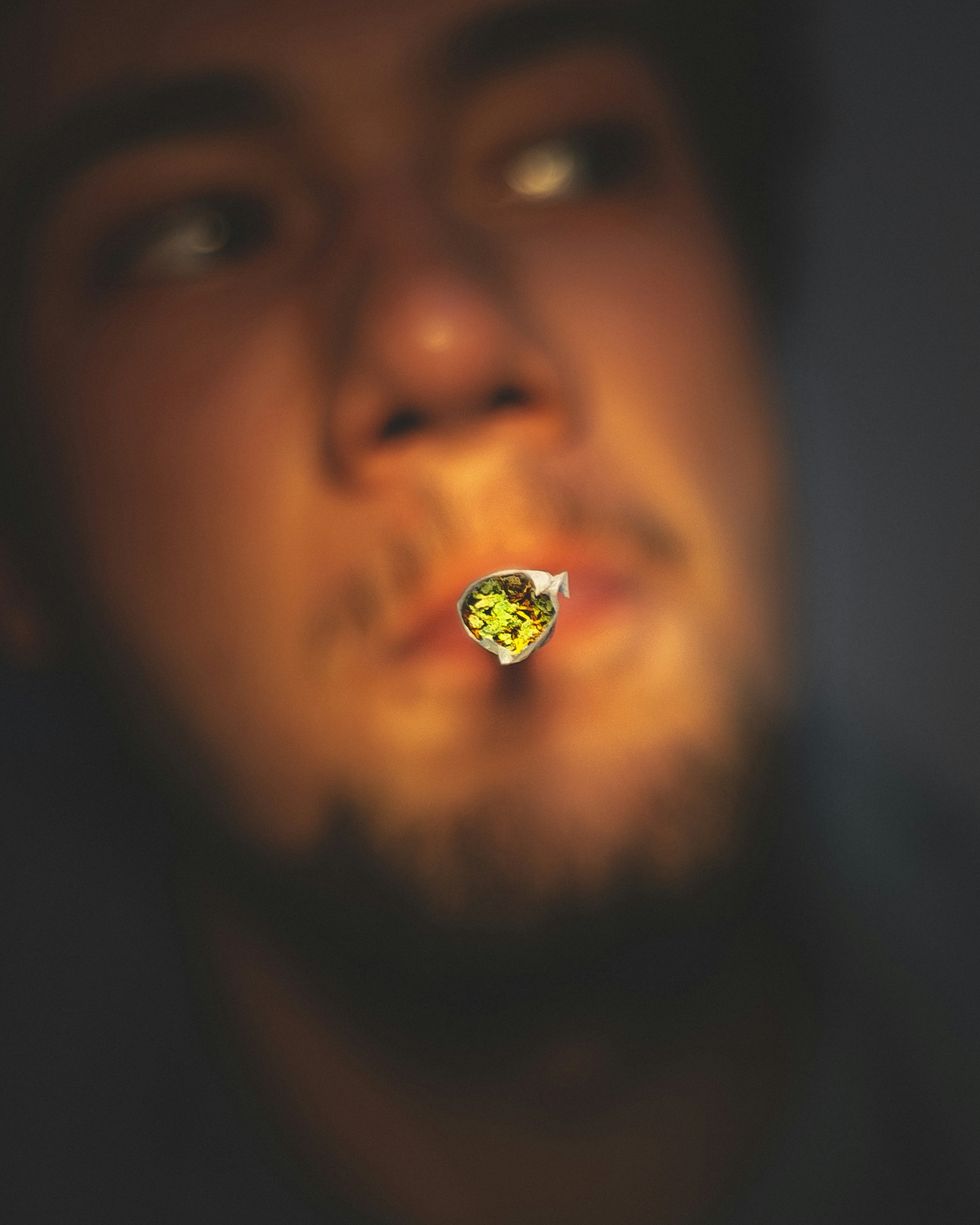 High-THC Weed Explored - The Bluntness Photo by
High-THC Weed Explored - The Bluntness Photo by 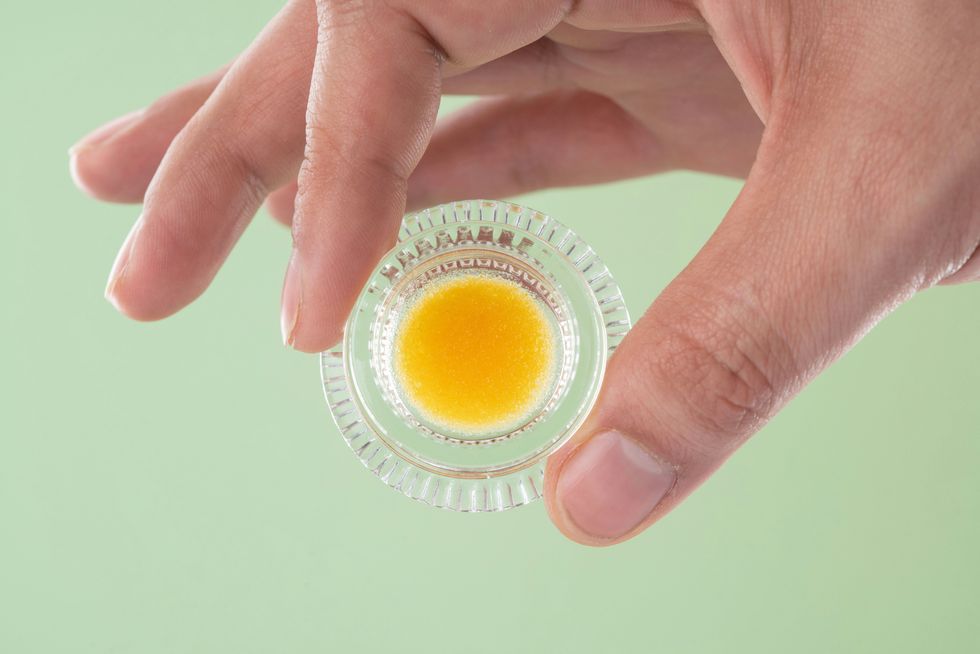 High-THC Weed Explored - The Bluntness Photo by
High-THC Weed Explored - The Bluntness Photo by  High-THC Weed Explored - The Bluntness Photo by Maria Fernanda Pissioli on Unsplash
High-THC Weed Explored - The Bluntness Photo by Maria Fernanda Pissioli on Unsplash